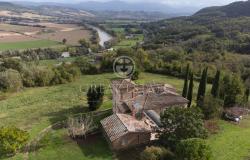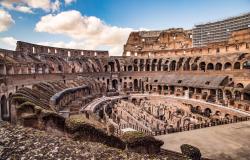 Italian police have blocked a group of art traffickers poised to sell a huge haul of artefacts plundered from ancient sites around the country.
Italian police have blocked a group of art traffickers poised to sell a huge haul of artefacts plundered from ancient sites around the country.
The looted property, bought from tomb raiders, comprises a thousand prized objects and some 10,000 ancient coins, some of them pre-Roman, police said.
Oil-lamps and other objects have been identified as coming from the workshops of one of Rome's most famous craftsmen, Caius Oppius Restitutus, whose works are particularly prized on the illegal art market.
Restitutus, who was active between 90 and 140 AD, had a huge business and is known to have exported his wares all around the Mediterranean from a large foundry on Rome's Janiculum Hill.
Among the coins recovered were some that for the first time attest to the use of bronze in money used before the first official Roman mint opened.
Italy has stepped up its fight against tomb raiding and has forged deals where foreign galleries return allegedly plundered art in return for temporary loans of similar exhibits.
The first-ever trial of a US antiquities curator recently opened in Rome. She is charged with buying falsely certified artefacts allegedly stolen from various Italian sites.













